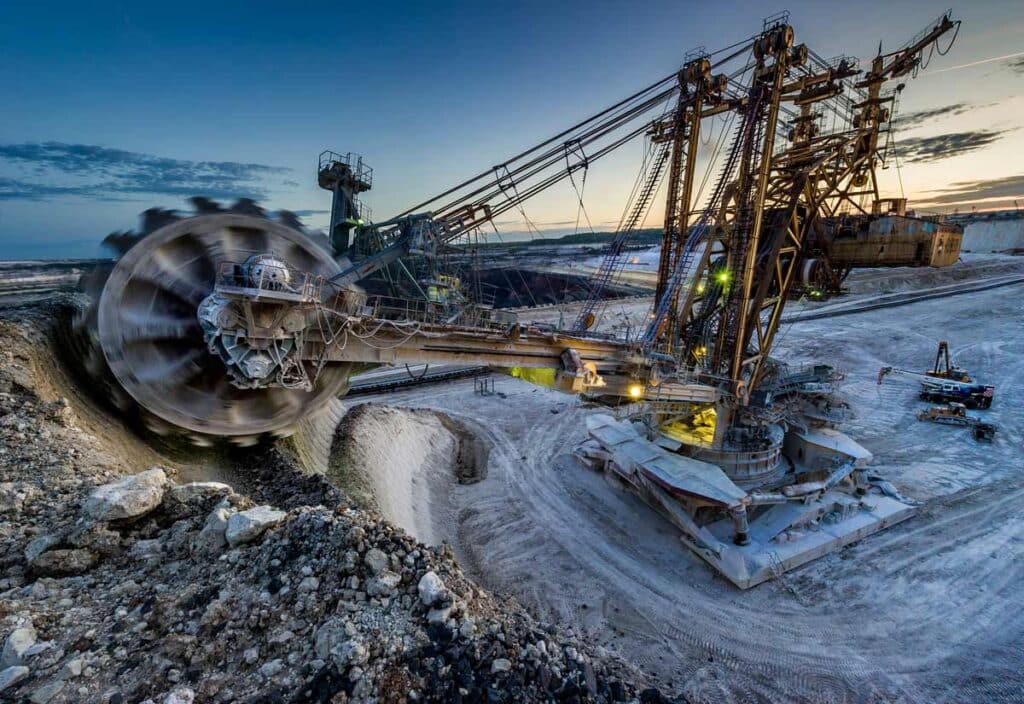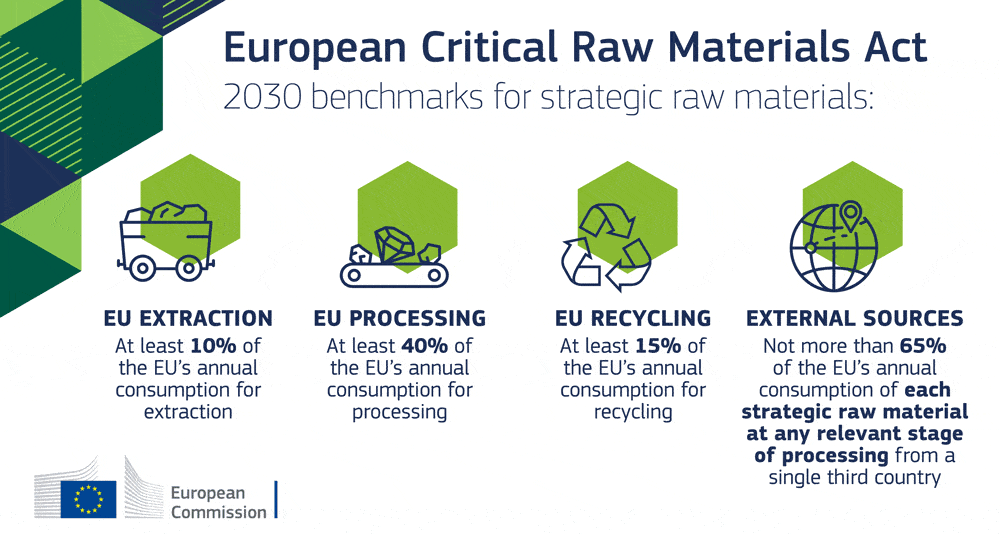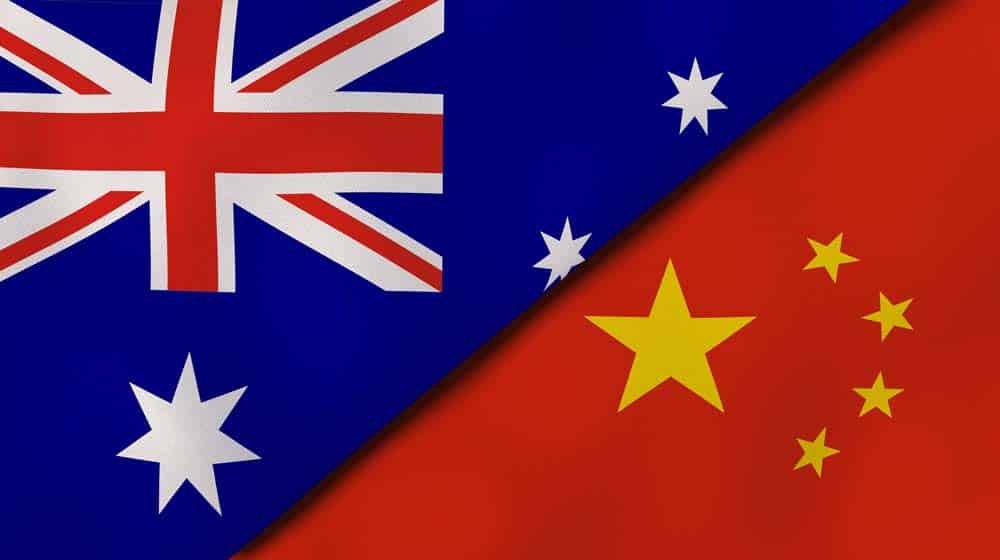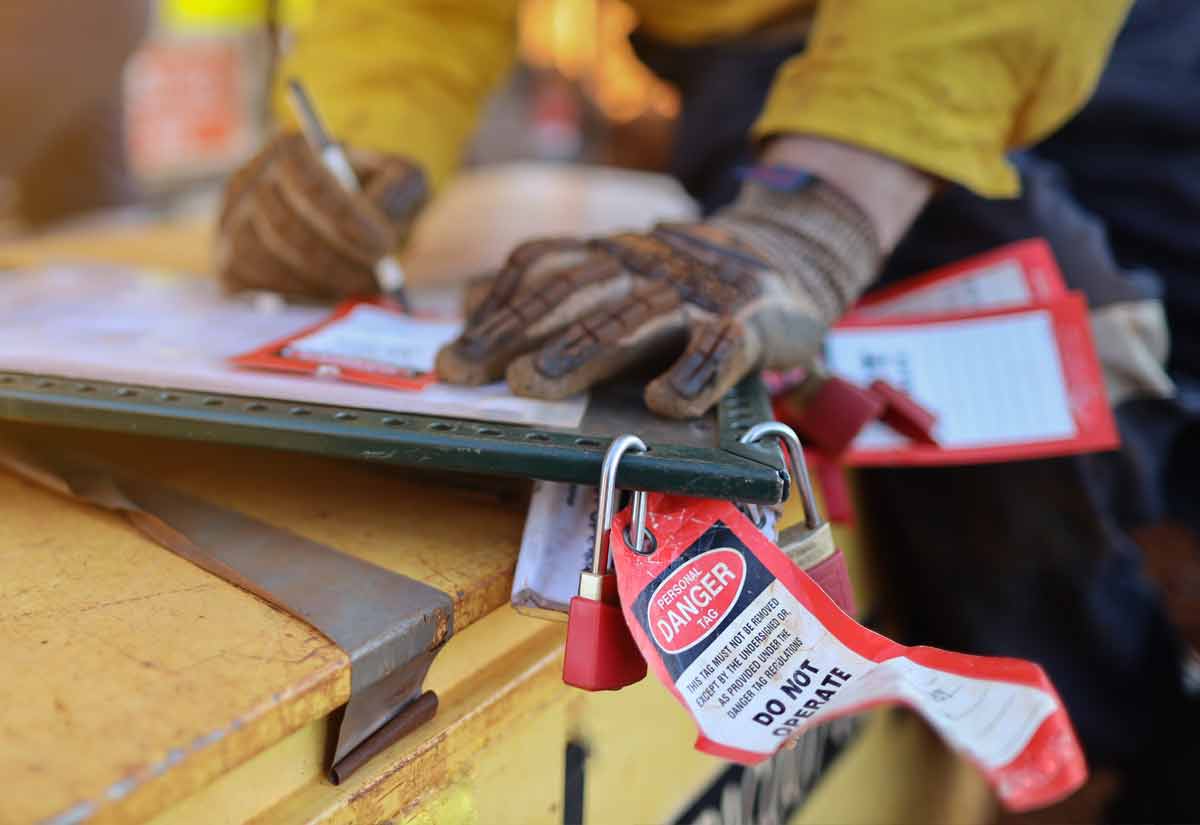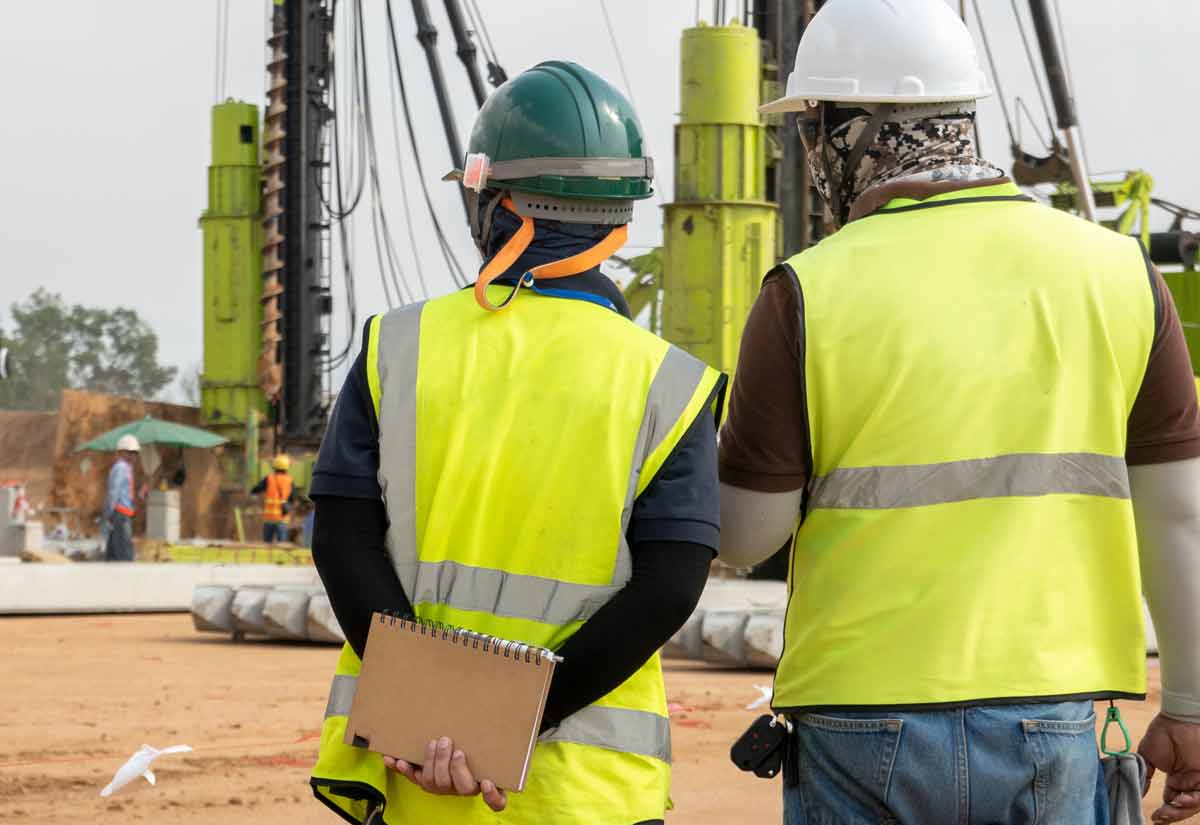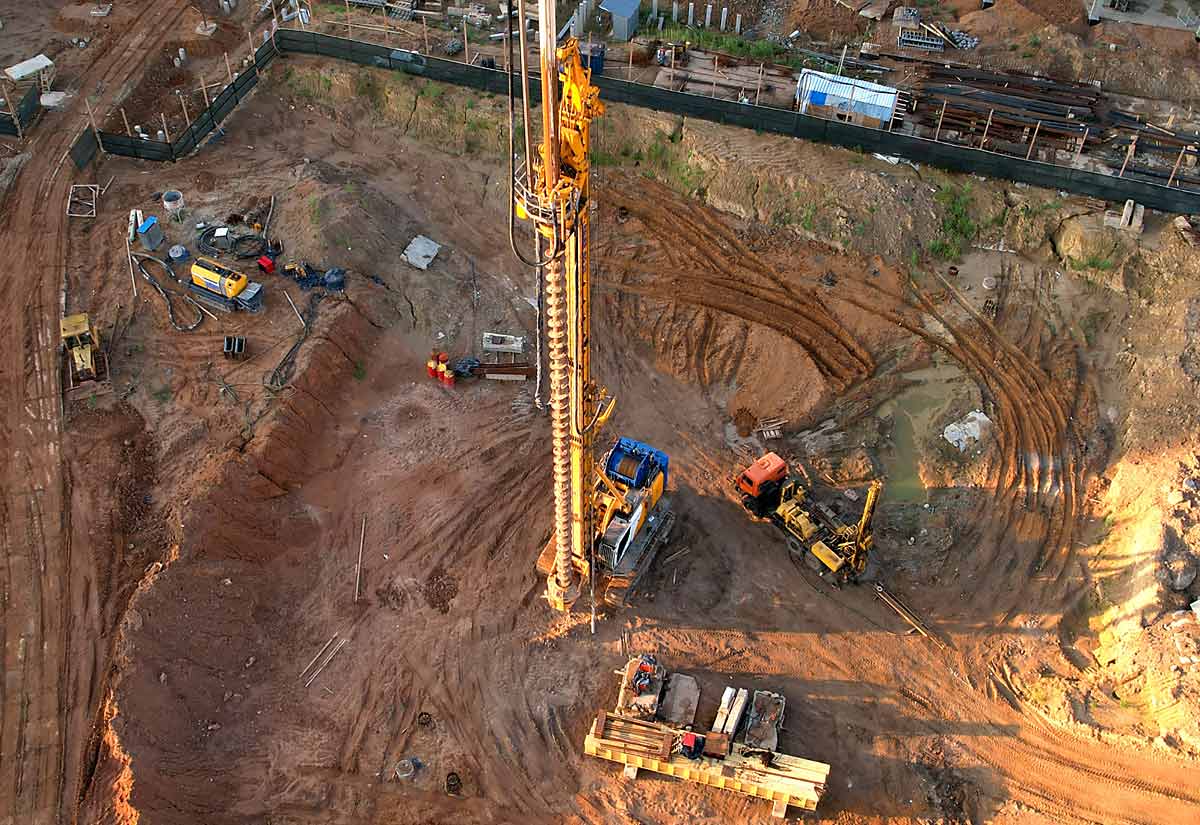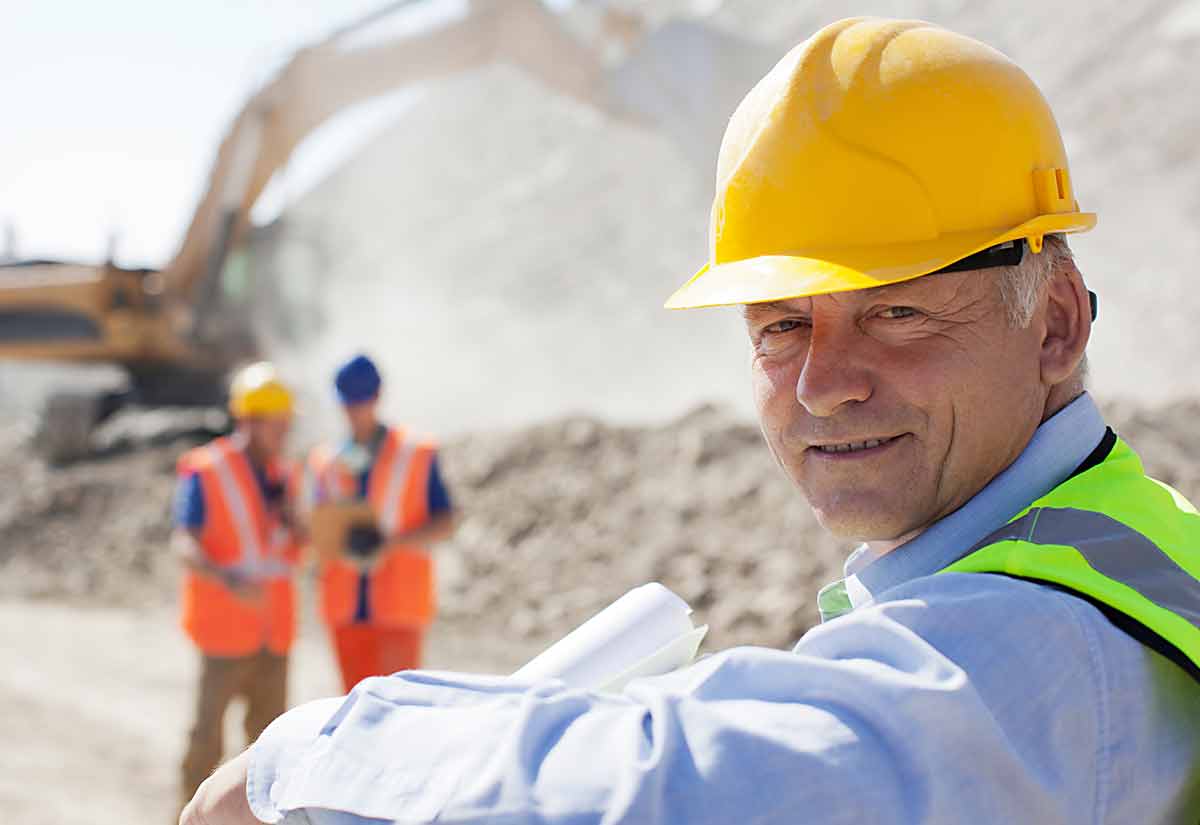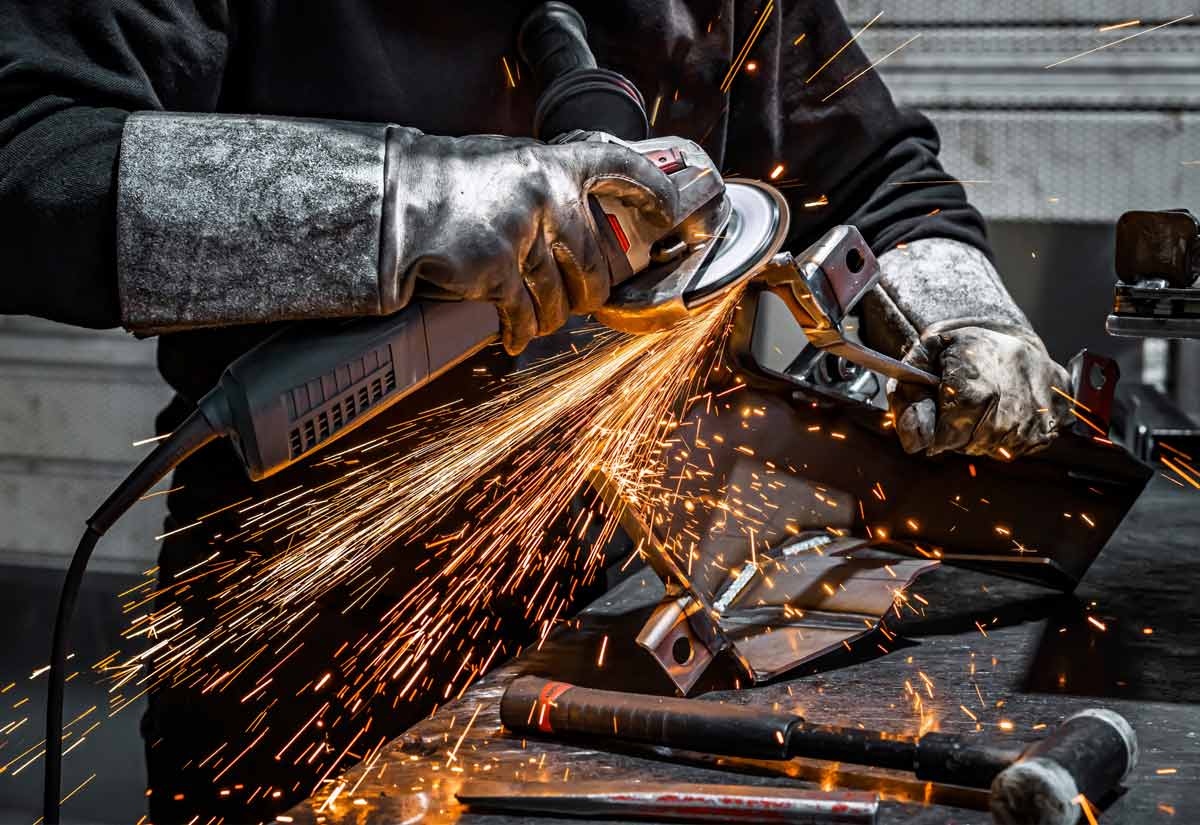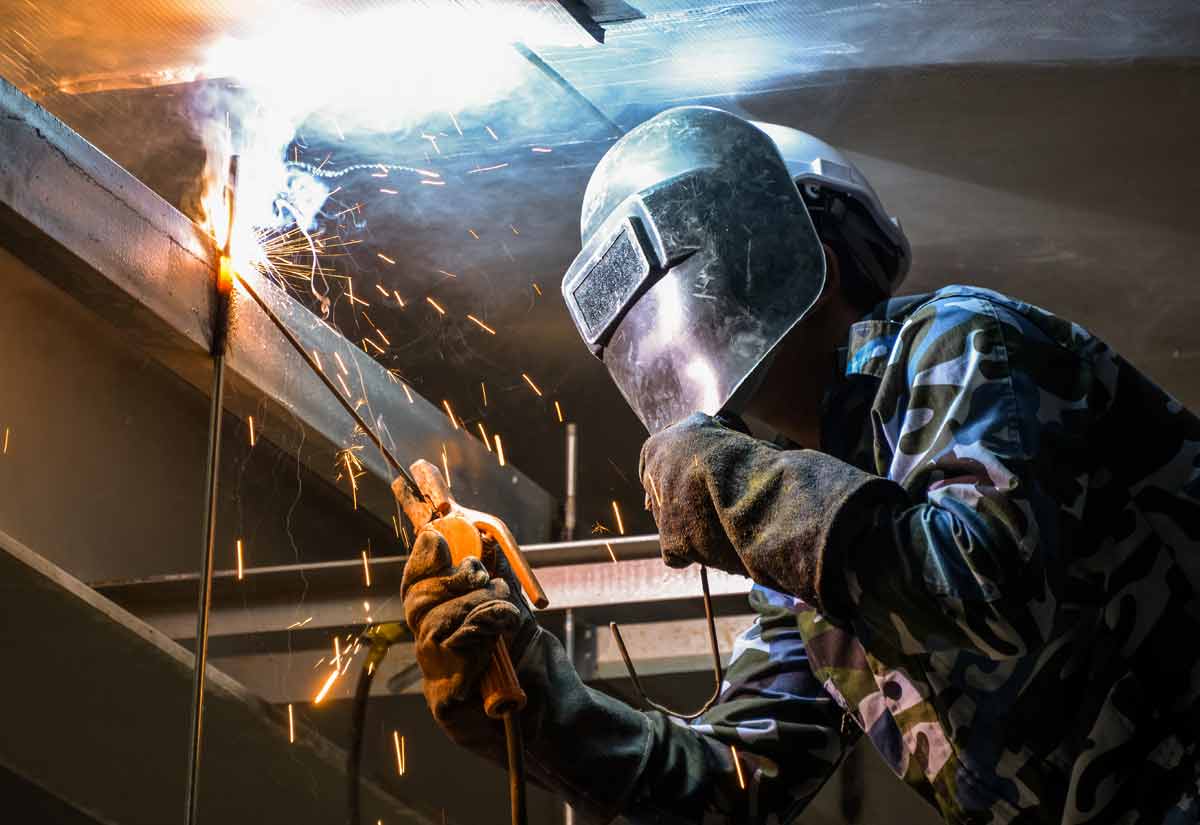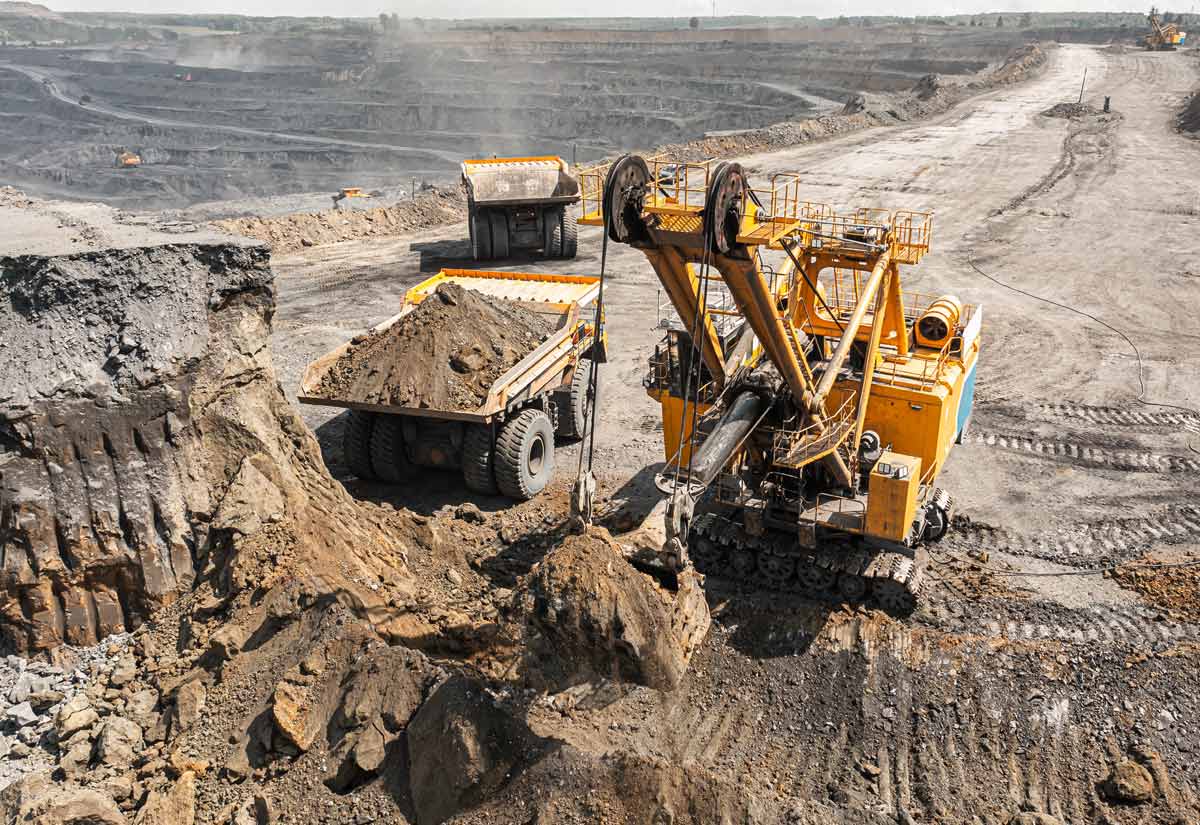Green transition nations are seeing red over China’s rusty supply chain. In 2023 “delinking” from China is the move to make.
“Using the Global 500 list as a benchmark, the US and China still pack about equal punch, though the weird hybrid of “communist capitalism” has OEMs in the rest of the world looking to develop green resources without falling under the unpredictable Chinese red thumb.”- Resource Erectors Blog March 16, 2016
Not many hours after publishing that blog, it wasn’t surprising to us here at Resource Erectors to see the rest of the world making headlines by taking action to reduce reliance on the rickety Red China mineral supply chain with more locally available domestic resources.
EU Makes a Move Away From the Chinese Monopoly Board
On that same day, March 16, 2023, the European Union (EU) touted their The Critical Raw Materials Regulation. In line with the rest of the world outside of China, the EU’s efforts to resurrect European industrialization comes after a year of enduring a triad of trouble. These included escalating energy costs, China’s “covid-zero” induced supply chain disruptions, and private investor competition from the United States’ implementation of a large-scale Inflation Reduction Act (IRA) investment plan.
In order to hit the ambitious benchmarks of the almighty “green transition”, minerals such as lithium, cobalt, magnesium, and the platinum group metals all need to be in ready supply. President Trump recognized the developing rare earth element crisis early on, declaring a National Emergency in the Mining Industry, as we reported way back in 2020.
Finally, 3 years later, the world is catching up with Trump. The European Commission filed the regulation “setting targets for the production, refining and recycling of key raw materials needed for the green and digital transitions”, according to the article at Eauractive.com.
As of now, EU Commissioners Valdis Dombrovskis and Thierry Breton, are leading the charge to reduce Europe’s dubious dependence on imports, “often from quasi-monopolistic third country suppliers”, to quote the pair’s fiery statement at a press conference in Brussels.
That said though, the modest target for 2030 is to increase European-supplied essential minerals from a paltry 3% to a less paltry 10%.
1/10 of SRMs, or Strategic Raw Materials, as the European greensters phrased it, must be sourced from Europe.
40% of the processing and refining of materials will also take place within the EU, doubling production from the minuscule “0-20%” as it stands, according to Commissioner Breton.
Voluntary Rare Earth Regulations and Green Private Investors
Of course, the SRM regulation is purely voluntary, as are most of the 2030-2050 targeted green agenda benchmarks, and success is heavily reliant on private investors. In that light, the EU green movement faces the same bureaucratic obstacles that US miners have had to deal with for new proposed rare earth operations.
Those obstacles are the miles of red tape required for extensive permitting processes, and environmental objections from the other side of the green movement fence. All of these potential problems cause the basic risk/reward evaluation to fail. They’re risky deal breakers for cautious investors who naturally prioritize the folding green over the environmental green.
Then there’s the mention of squandering those precious strategic raw materials on a predicted increase in wind farms. This is what happens when politicians choose to make unqualified engineering decisions. With their massive carbon footprints for construction and ongoing maintenance and significant wildlife impact, quixotic wind turbines can raise the ire of Greenpeace and the Sierra Club alike. The feeble energy produced is often sardonically described by informed energy professionals as “a fart in a windstorm” and is not likely to infuse those crucial private European investors with confidence.
The EU Rare Earth Mineral Demand Forecast 2030-2050
In any case, there is no question that the demand for rare earth “battery” minerals will increase even when wind turbines are finally relegated to the green scrap heap. EVs, energy production and storage facilities, microchips for computers, catalytic converters for fossil fuel vehicles, smartphones, and the vast field of consumer electronics all require the critical raw materials in the global markets dominated by China. According to EU estimates;
- Demand for rare earth metals for wind turbines is expected to increase by 4.5-fold by 2030.
- Lithium, for batteries in electric vehicles and devices, will see a demand increase of 11- fold by 2030.
- By 2050 lithium demand will be 57 times higher than in 2023.
Australia Handles the Red Supply Chain Menace
When China is your nation’s largest trading partner it’s no easy task to keep the Chinese Monopoly board off the business table. It took a change in the Australian federal government for trade ministers from both countries to meet for the first time in 3 years.
Australia had to leverage their coal supply exports to China, among other tough trade negotiations, to level the playing field with the cantankerous communist government.
Xi Jin Ping and the Australian Prime Minister finally held formal talks ending a diplomatic blackout inhibiting cross-border trade since 2016, and more recently after covid-induced disruptions and the ensuing geopolitical tensions brought diplomatic relations to a freeze, as Australian lawyer Holding Redlich reports in his March 21, 2023 article at Lexology, Australia-China cross-border business collaborations in 2023 – key policy considerations
Self-sufficiency has always been the priority for China itself. Now countries such as Australia, who fell prey in recent years to the fickle finger of Red China’s hold on the rare earth mineral supply chain as well as general cross-border trade are demanding that same self-sufficiency.
“The Australian Government’s stance that trade and investment with China will no longer take priority over Australia’s strategic interests has significant implications for how companies should consider cross-border business. Commercial opportunities will need to be pursued within a context where engagement will only be encouraged where it is in Australia’s national interest.”
About Resource Erectors
At Resource Erectors we bring decades of heavy industry recruiting experience to the table. When it’s time to make your company’s strategic human resource interests a priority, it’s time for Resource Erectors.
We match the top qualified, experienced, professional candidates with industry-leading companies across North America. Our company clients offer some of the most lucrative salaries and competitive compensation packages available to attract and retain the professional talent they require to prosper and thrive in today’s challenging business environments.
If you’re a heavy industry professional at the top of your game Resource Erectors can advance your career in engineering, mining, civil construction, concrete, aggregates, minerals, processing, manufacturing, safety, sales, bulk materials, logistics and more. Resource Erectors can offer the exclusive heavy industry opportunities you’re looking for to move up the career ladder, so please don’t hesitate to contact us today.
